Products
Our Products List
We maintain its lead by innovating and expanding the portfolio of patient care equipment and clinical solution services.
Phatology
Equipments
Pathology laboratories play a crucial role in the field of medicine, aiding in the diagnosis and treatment of various diseases. To efficiently carry out diagnostic procedures, these laboratories rely on a diverse range of sophisticated equipment. In this article, we will explore a comprehensive list of pathology laboratory equipment, shedding light on their functions and importance in the diagnostic process.
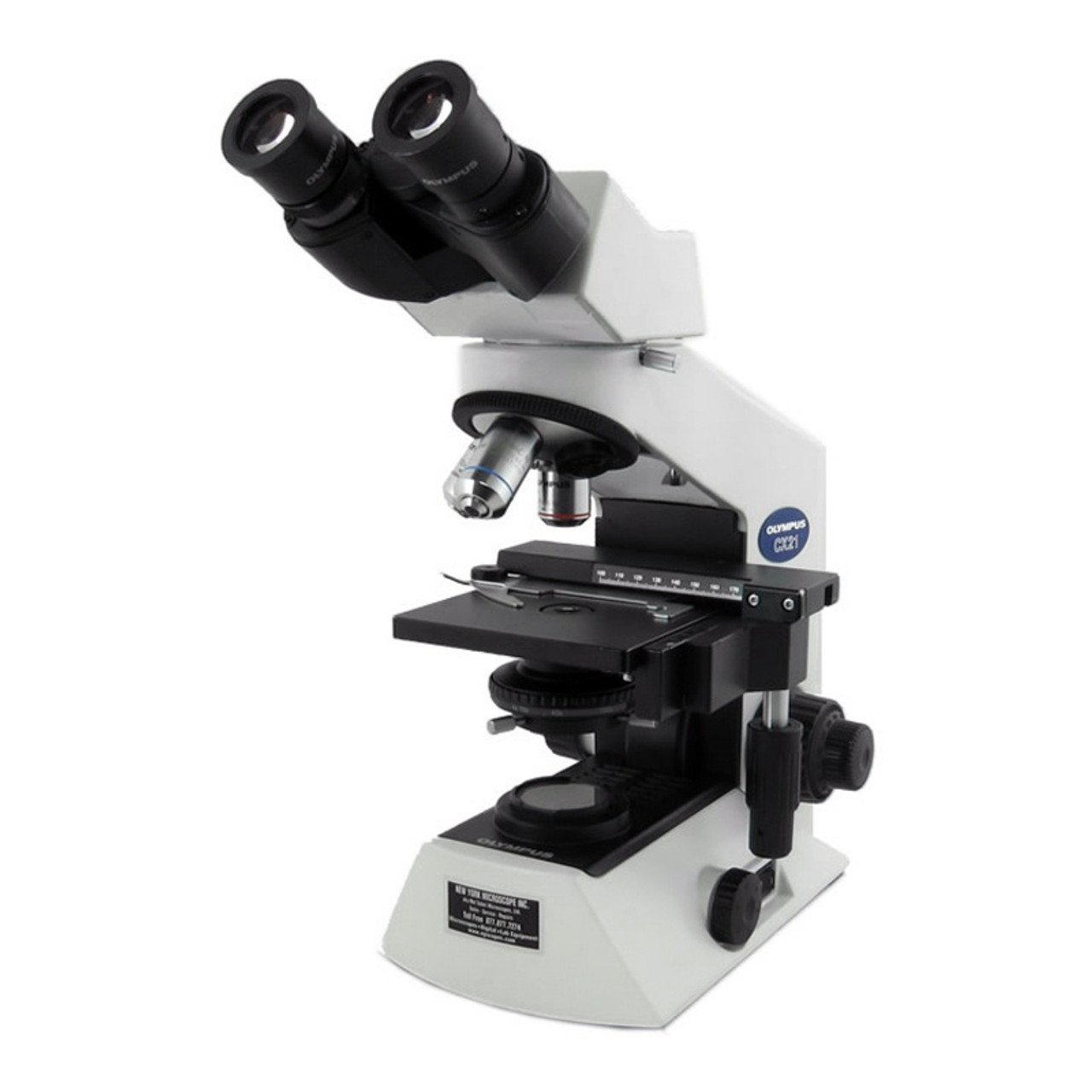
Microscopes
Microscopes are fundamental tools in pathology laboratories, enabling the examination of tissues and cells at a microscopic level. Pathologists use light microscopes for routine examinations, while advanced techniques like fluorescence microscopy and electron microscopy offer enhanced visualization of cellular structures and components.

Centrifuges
Centrifuges are essential for separating different components of blood, urine, or other bodily fluids. By applying centrifugal force, these machines can isolate cellular elements, such as red and white blood cells, from plasma or serum, aiding in diagnostic tests and research.

Autoclaves
Sterilization is critical in pathology laboratories to prevent contamination and ensure accurate test results. Autoclaves use high-pressure steam to sterilize equipment, glassware, and other materials, eliminating bacteria, viruses, and other microorganisms.
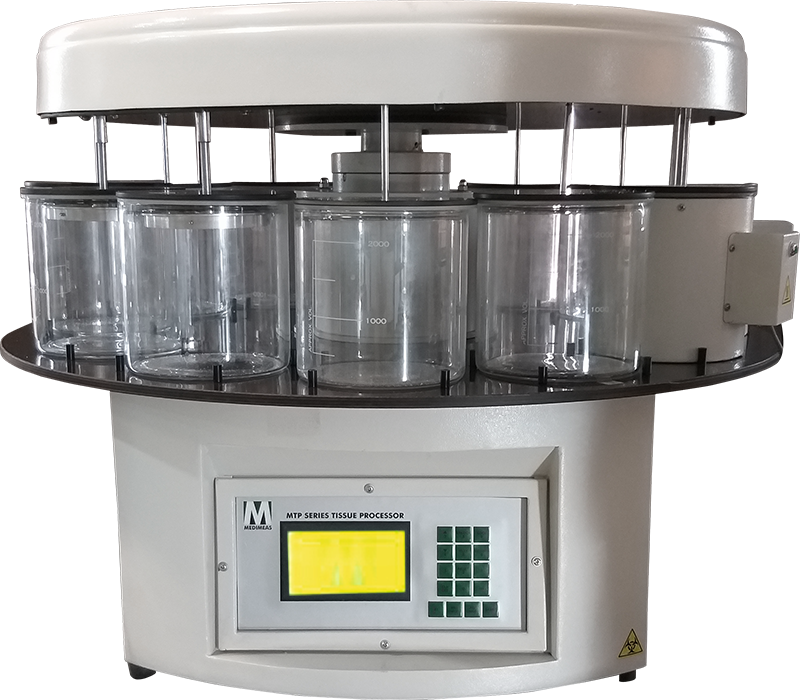
Tissue Processors
Tissue processors are used to prepare tissue samples for examination. They facilitate the embedding of tissues in paraffin wax, allowing for thin sections to be cut and mounted on slides for microscopic analysis. This process is vital for histopathology studies.

Cryostats
Cryostats are specialized instruments used in pathology laboratories to section frozen tissues. They are crucial for rapid diagnostic procedures, enabling pathologists to examine tissues without the time-consuming paraffin embedding process.
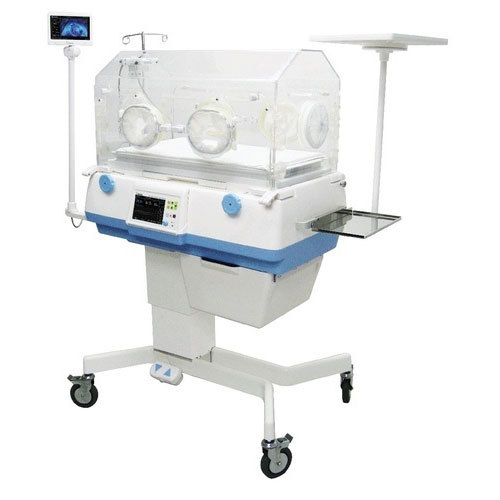
Incubators
Incubators provide controlled environments for the cultivation of microorganisms, cell cultures, and tissues. These devices are essential for various diagnostic tests, including microbiological cultures and cell-based assays.
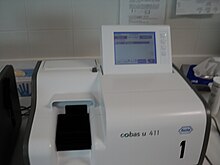
Automated Analyzers
Automated analyzers streamline the process of analyzing blood, urine, and other bodily fluids. These machines can perform a wide range of tests, including complete blood counts, chemistry panels, and coagulation studies, with high precision and efficiency.
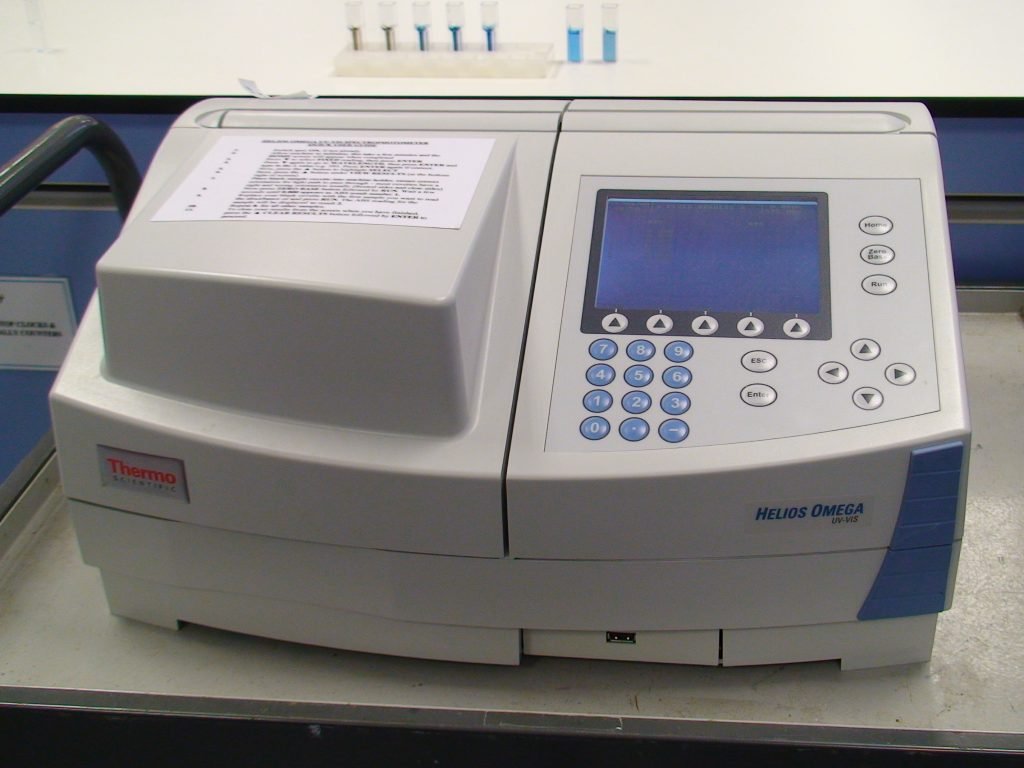
Spectrophotometers
Spectrophotometers are used to measure the absorbance or transmission of light through a liquid sample. In pathology laboratories, they are employed for quantifying concentrations of substances such as proteins, nucleic acids, and enzymes

Polymerase Chain Reaction (PCR) Machines
PCR machines are essential for molecular diagnostics, allowing the amplification of DNA segments. These machines play a crucial role in genetic testing, infectious disease detection, and research involving DNA analysis.
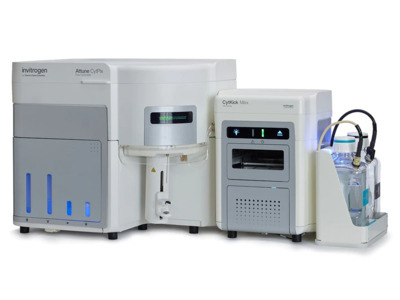
flow cytometry
Flow cytometers analyze the physical and chemical characteristics of cells as they pass through a laser beam. They are instrumental in immunophenotyping, cell counting, and sorting, aiding in the diagnosis of various hematological disorders.
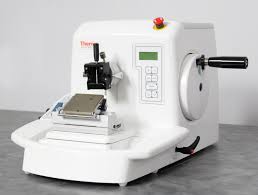
Microtomes
Microtomes are precision instruments used to cut thin sections of tissues for microscopic examination. They are essential in producing tissue slides for detailed pathological analysis.

Hematology Analyzers
Hematology analyzers are specialized automated systems designed to analyze blood components, including red and white blood cells and platelets. These machines provide valuable information for diagnosing blood disorders.

Liquid Handling Systems
Liquid handling systems automate the process of dispensing and transferring liquid samples, minimizing human error and ensuring accuracy in various laboratory procedures.
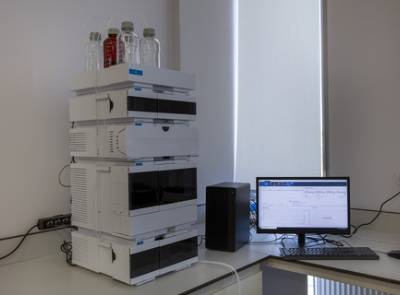
HPLC (High-Performance Liquid Chromatography) Systems
HPLC systems are employed for separating, identifying, and quantifying components in complex mixtures. In pathology laboratories, they are often used for analyzing drugs, hormones, and other biochemical substances.
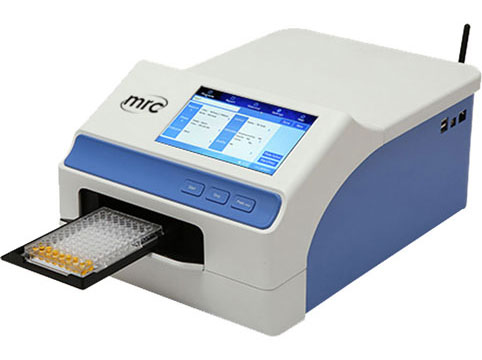
ELISA (Enzyme-Linked Immunosorbent Assay) Readers
ELISA readers are specialized instruments used to measure the intensity of color changes in ELISA assays, providing quantitative results for the presence of specific antibodies or antigens.

Refrigerators and Freezers
Proper storage of reagents, samples, and specimens is crucial in pathology laboratories. Refrigerators and freezers maintain the integrity of materials by preserving them at specific temperatures.
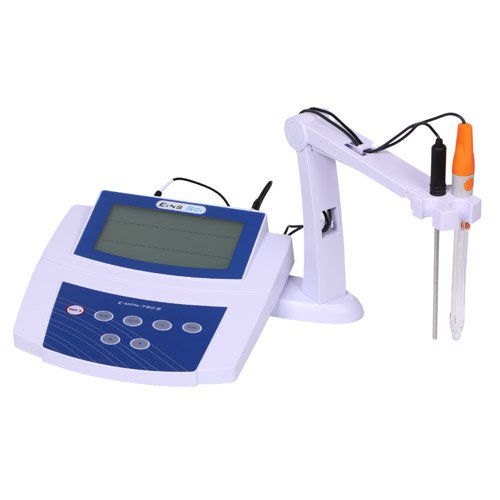
pH Meters
pH meters are employed to measure the acidity or alkalinity of solutions. They are essential in maintaining optimal conditions for various laboratory procedures, including cell culture and enzymatic reactions.
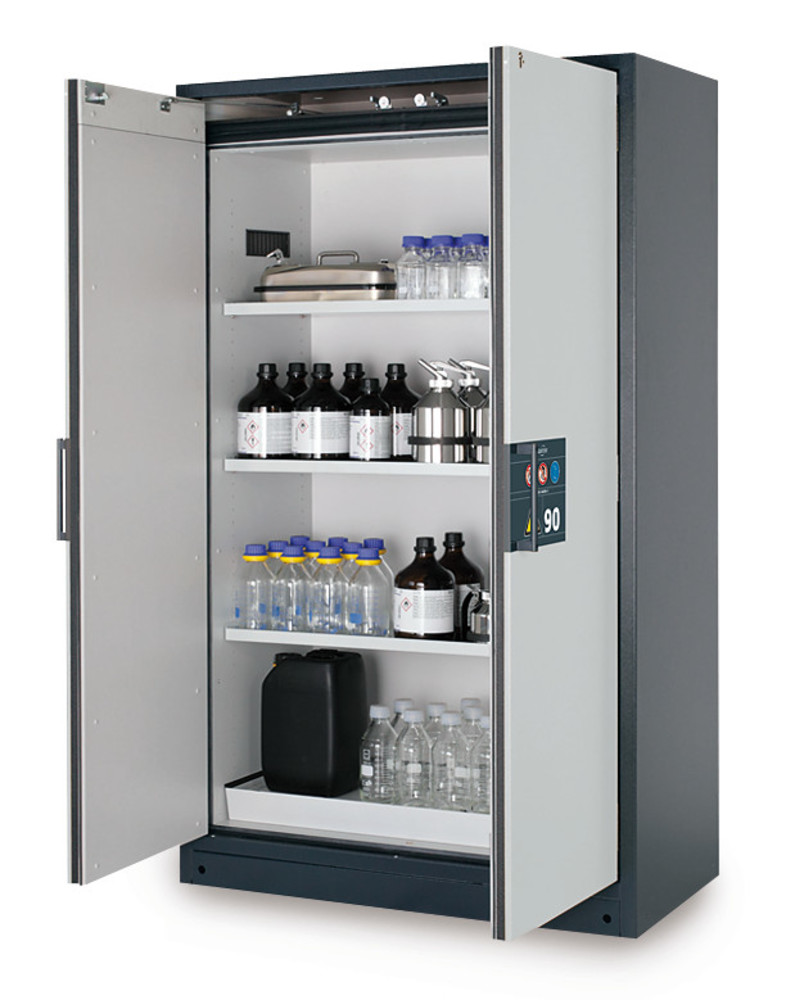
Safety Cabinets
Safety cabinets provide a controlled environment for working with hazardous substances. They are crucial for protecting laboratory personnel and preventing contamination during procedures involving pathogens or toxic materials.
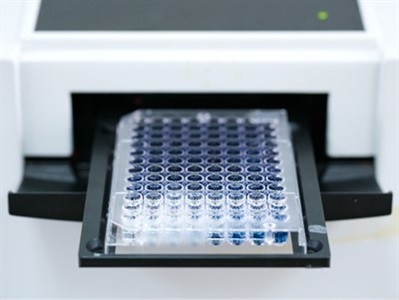
Microplate Readers
Microplate readers are used to measure absorbance, fluorescence, or luminescence in microplate-based assays. They are commonly utilized in various diagnostic tests and research applications.

Laminar Flow Cabinets
Laminar flow cabinets create a sterile working environment by directing a continuous stream of filtered air over the work surface. These cabinets are crucial for procedures that require aseptic conditions, such as cell culture and microbiological work.
Contact us now
E-Mail: info@sungmoopharma.com
Telephone: +12 345 67 89
Address: 3402 , 37 IFC St, Yeoeuid-dong,
Seoul City, Korea
